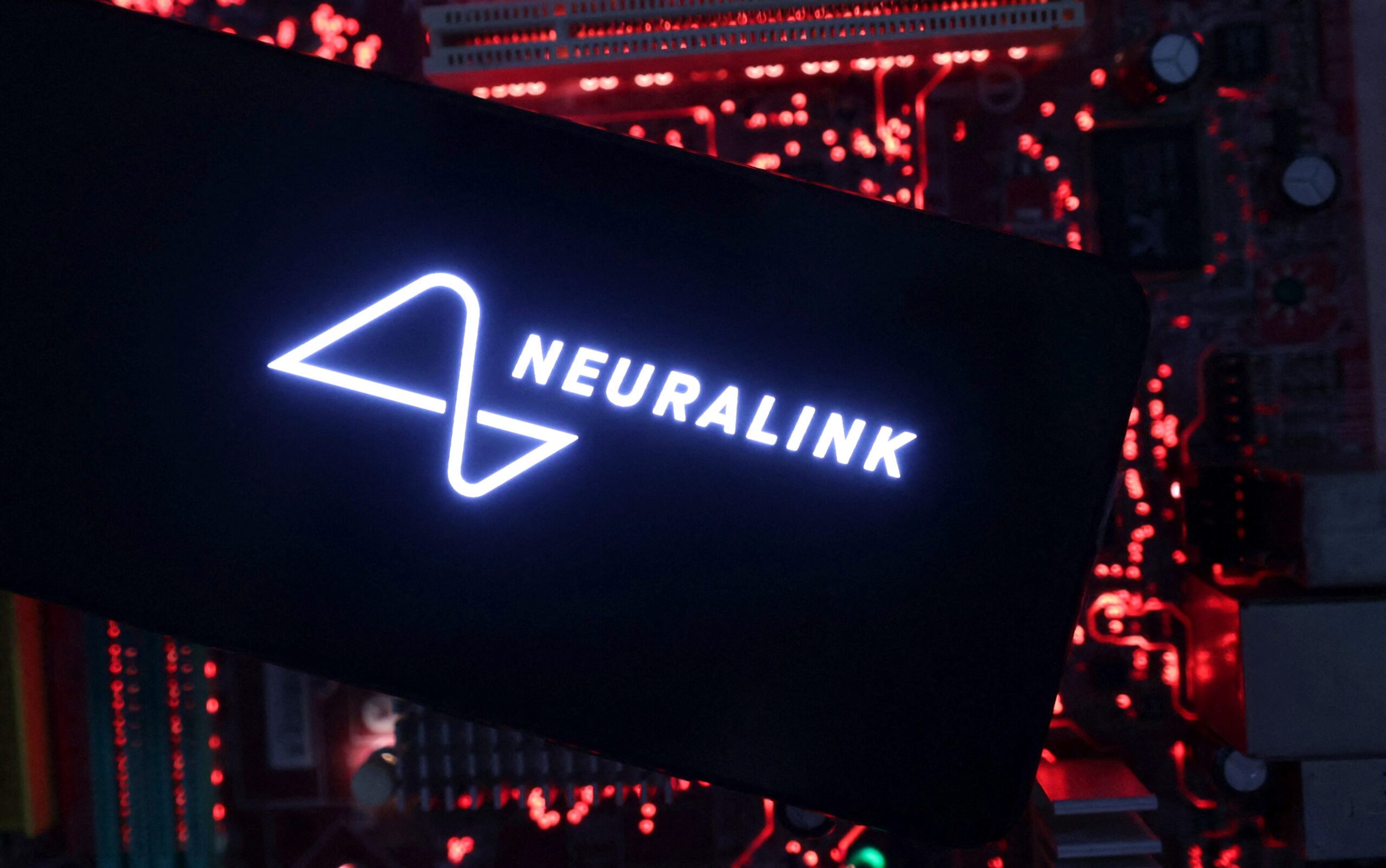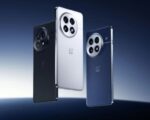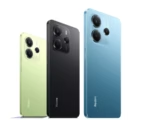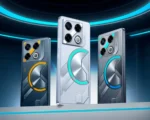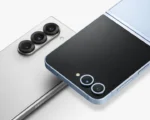Neuralink Offers Solutions to Issues Found in First Patient’s Brain Chip Implant
The US Food and Drug Administration (FDA) has granted Elon Musk’s Neuralink permission to implant its brain chip in a second person. This decision follows the company’s efforts to address a problem encountered with the first patient, as reported by the Wall Street Journal on Monday.
Last week, Reuters revealed that Neuralink has been aware of an issue for years involving the tiny wires within the brain chip. In the first patient, these wires had shifted out of their intended position.
To resolve this, Neuralink plans to embed some of the device’s wires deeper into the brain, according to the Wall Street Journal. This approach aims to ensure greater stability and functionality of the implant.
The approval for a second implantation marks a significant step for Neuralink as it seeks to refine and advance its brain-computer interface technology. Despite the setbacks, the company remains committed to overcoming technical challenges and demonstrating the potential of its innovative device.
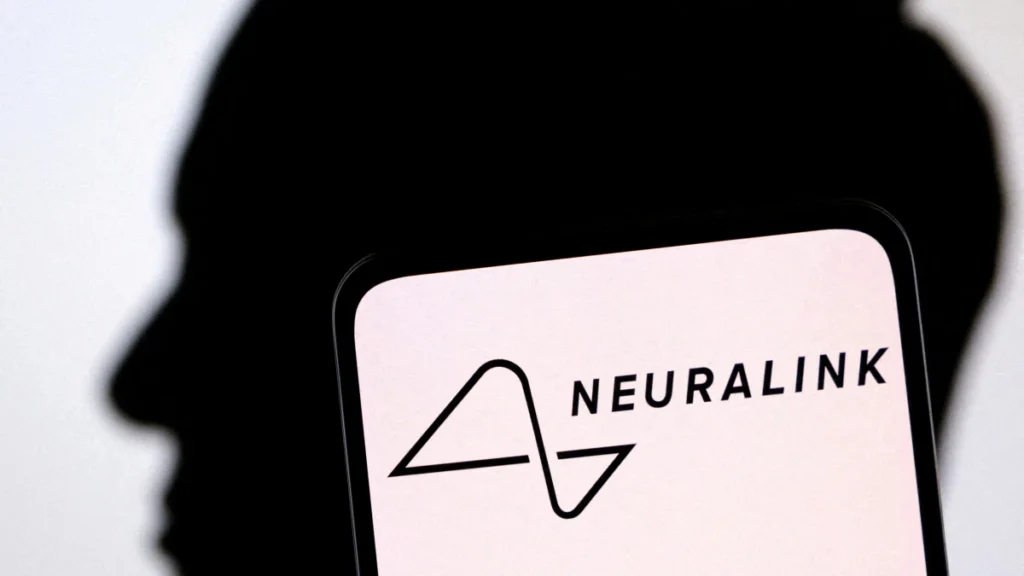
The success of these initial human trials is crucial for Neuralink’s long-term goal of developing technology that can assist individuals with neurological conditions and potentially enable new forms of human-machine interaction.
As Neuralink continues its research and development, the company will likely provide further updates on the progress and outcomes of these early implants, which will be closely watched by both the medical and tech communities.
In the past, the company has conducted extensive tests on animals and has claimed a high success rate. While performing a successful brain chip implant is a major milestone, the success of the product will be determined by its long-term performance and lack of side effects.


